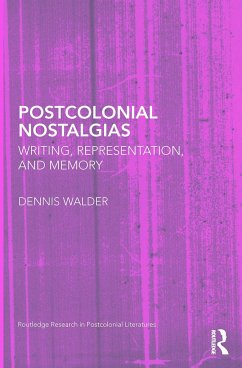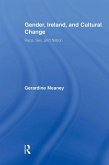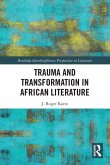This book offers an original and informed critique of a widespread, yet often misunderstood, condition - nostalgia, a pervasive human emotion connecting people across national, historical, and personal boundaries. Walder analyses the writings of some of those entangled in the aftermath of empire, tracing the hidden connections underlying their yearnings for a common identity and a homeland, and their struggles to recover their histories. Through a series of comparative reflections upon the representation in literary and related cultural forms of memory, he shows how admitting the past into the present through nostalgia enables former colonial or diasporic subjects to gain a deeper understanding of the networks of power within which they are caught in the modern world, and beyond which it may yet be possible to move. Considering authors as varied as V.S Naipaul, J.G. Ballard, Doris Lessing, W.G. Sebald, and Chimamanda Ngozi Adichie, as well as versions of "Bushman" song, Walder pursues the often wayward, ambiguous paths of nostalgia as it has been represented beyond, but also within, Europe, so as to identify some of those processes of communal and individual experience that constitute the present and, by implication, the future.
"Walder's book is a triumph of brilliant exposition because it simplifies nothing. Readers are led sensibly, stylishly, and authoritatively through the thickets of relevant postcolonial and psychological theory, relevant twentieth-and twenty-first-century colonial history, and the focal narratives themselves." - R. Victoria Arana, College Litearture
"Walder's book is a triumph of brilliant exposition because it simplifies nothing. Readers are led sensibly, stylishly, and authoritatively through the thickets of relevant postcolonial and psychological theory, relevant twentieth-and twenty-first-century colonial history, and the focal narratives themselves." - R. Victoria Arana, College Litearture









